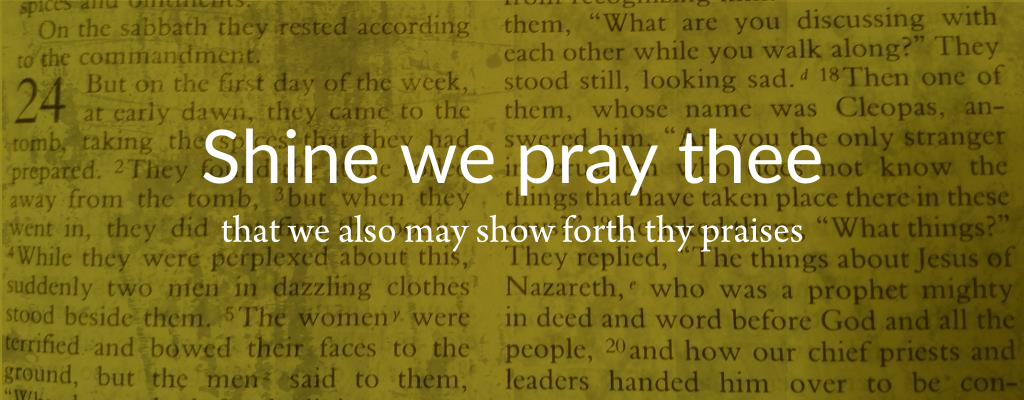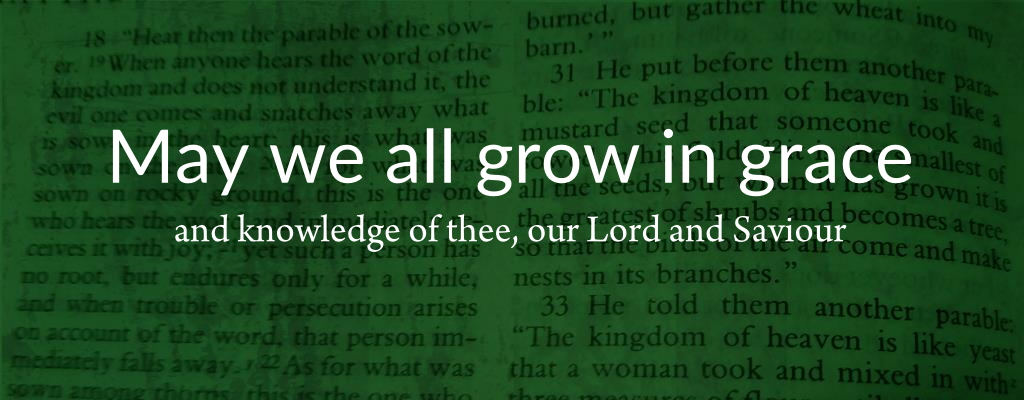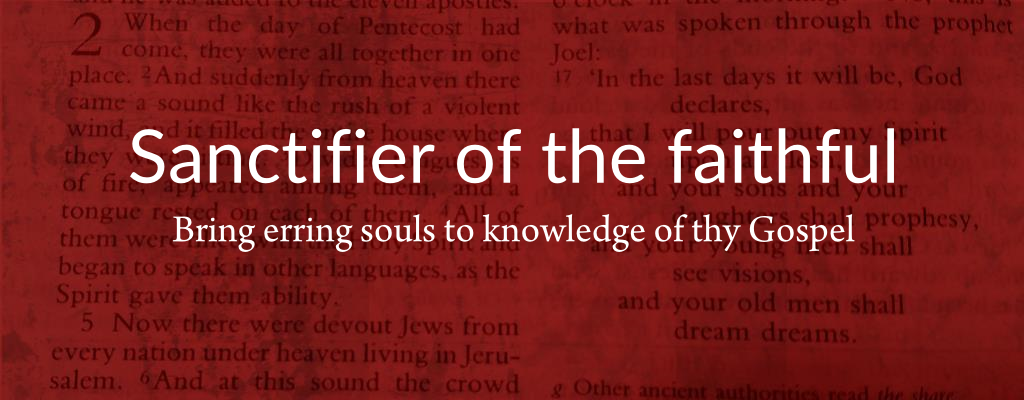News and Articles from the Prayer Book Society
-
There has been an undeniable contribution by the Prayer Book and King James Version of the Bible to the English language. When they were first compiled, the Prayer Book especially, the English language lacked religious vocabulary. It had been unnecessary because until that point, Latin had been the language of the Church. The way the compilers of the Prayer Book chose to articulate religious concepts played a significant role in defining the way the English language itself approaches the religious world.
In the hundreds of years since the first Prayer Book was compiled, the English language has continued to change, leading in modern times for calls for revision. Article XXIV of the Thirty-Nine Articles famously declares that public prayer in the Church and administration of the Sacraments never be, “in a tongue not understanded of the people,” (BCP, 707). This is a legitimate desire to ensure that older language less familiar to contemporary English speakers may well not be understanded of the people, however this is no mean task.
A good example comes to us from the familiar words of the creeds. In the Nicene Creed (used at Holy Eucharist every Sunday) and the Apostles’ Creed (used for Morning and Evening Prayer) we confess that Christ will come to judge the quick and the dead. The phrase quick and the dead today seems more suited to a Hollywood western. Those who do not draw their guns quickly will surely wind up dead in a duel. The BAS, like most other efforts at making a contemporary translation, suggests the words, “living and the dead,” instead. This is not an incorrect translation, but it might be said to be an inaccurate translation because of how most people would interpret the words living and dead in modern times.
For most people, living and dead would refer to those who are physically dead or alive today. It is a reference to Christ judging the people of today and judging those who had died before him. It is not simply that, though. Quick, and quicken, is a term used in the Prayer Book and the King James Version to refer to the idea of being spiritually alive, or being made alive by God’s Spirit.
The fuller sense of quick and the dead reminds us that Christ is the judge of Christians and non-Christians. Not only is this a universal statement of Christ’s judgement, but it also causes us to reflect on how everything else we say about our salvation is still a universal statement.
The simple fact of using words more common in contemporary vocabulary does not in and of itself suggest that the words being used in public prayer and the administration of the Sacraments will be any more easily understood, in their fullness, by the people. Words have meaning, and we should always strive to ensure that the Church seeks to convey their fullness to the people, for in them lies the fullness of our faith.





Leave a Comment